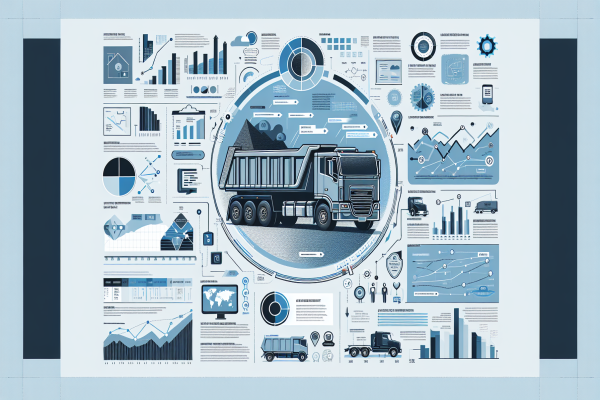Breaking New Ground: The Economic Success Stories of America's Dump Truck Entrepreneurs
Discover how America's dump truck operators are transforming from laborers to successful entrepreneurs, creating economic opportunities and building generational wealth while reshaping the industry landscape.



